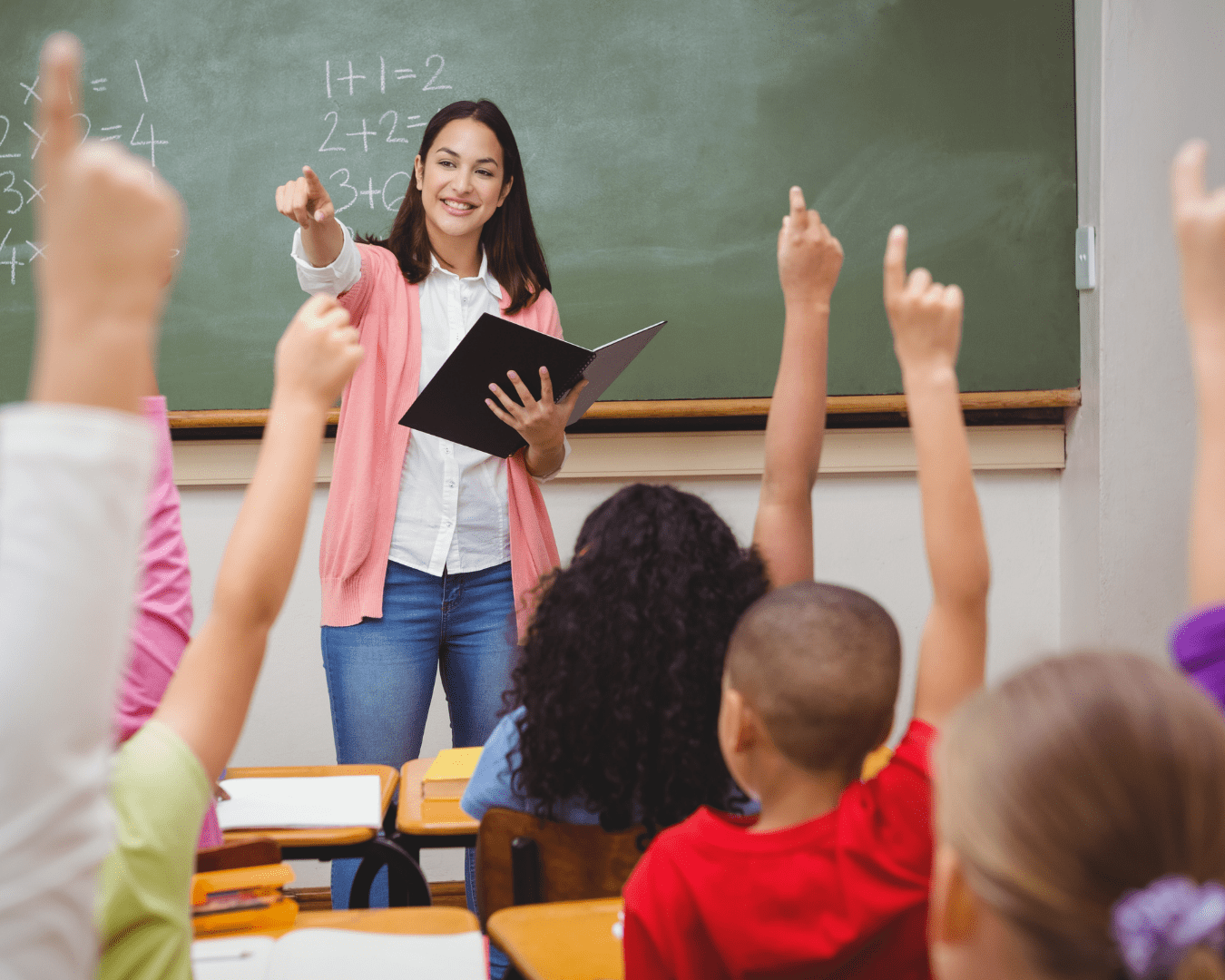Expert Primary Science Tuition Singapore for Understanding Complex Concepts
Wiki Article
Exploring the Various Training Methods in Key Science Education Today
Inquiry-based knowing, hands-on experiments, and the integration of modern technology are redefining just how instructors involve young minds. Furthermore, collective methods and set apart guideline are being used to provide to the varied needs of trainees, improving both engagement and understanding.Inquiry-Based Knowing
Inquiry-Based Learning (IBL) is a pedagogical strategy that urges pupils to check out scientific concepts via wondering about, examination, and hands-on trial and error. This approach stresses the function of students as energetic participants in their knowing, promoting crucial thinking and analytical abilities. By involving with real-world questions, pupils come to be curious and determined, which improves their understanding of scientific principles.In IBL, educators function as facilitators, directing pupils as they navigate their queries rather than providing information straight. This student-centered strategy permits distinction, accommodating numerous learning styles and rates. Trainees create abilities in formulating theories, designing experiments, and analyzing data, which are vital for scientific proficiency.
Furthermore, IBL cultivates collaboration among trainees, urging them to share searchings for and concepts. This cumulative query advertises social skills and a sense of community within the classroom. The process of query motivates resilience, as trainees find out to embrace failure as a tipping stone toward understanding.
Hands-On Experiments
Hands-on experiments are a vital element of effective scientific research education and learning, complementing the principles of inquiry-based understanding. These experiments allow students to engage directly with clinical principles, promoting a deeper understanding with experiential discovering. By adjusting materials and observing results, young students can grasp abstract theories in concrete methods.Such tasks promote important reasoning and analytic abilities, as trainees assume end results, conduct experiments, and assess outcomes. This procedure motivates them to ask inquiries, improve their understanding, and create a clinical frame of mind. Hands-on experiments can be customized to diverse discovering designs, making sure that all pupils have the chance to engage meaningfully with the web content.
Moreover, hands-on experiments often encourage cooperation amongst peers, promoting teamwork and interaction abilities. Functioning in teams enables students to share concepts, review searchings for, and gain from each other, which boosts their total academic experience.
Incorporating hands-on experiments into the key scientific research curriculum not only improves the finding out setting but also grows a lifelong rate of interest in science. By proactively taking part in their education, students are more most likely to establish an interest for clinical inquiry that extends past the classroom.

Modern Technology Combination
Integrating innovation right into key science education has ended up being significantly crucial in promoting student engagement and enhancing discovering end results. Using digital tools, such as interactive simulations, online labs, and academic software, provides students with possibilities to discover clinical principles in innovative ways. These sources promote a much deeper understanding of complicated topics by enabling learners to imagine and manipulate variables that would certainly be unwise in a typical class setting.Furthermore, innovation integration encourages individualized finding out experiences. Trainees can progress at their own pace, taking another look at tough ideas through multimedia resources, which satisfy various discovering styles. This adaptability not just sustains specific growth but additionally cultivates a sense of autonomy in students.
Furthermore, technology offers as a bridge to real-world science, connecting pupils with present research and specialist payments. Access to online data sources and scientific journals expands students' point of views on scientific questions and fosters important thinking abilities.
Collaborative Knowing
Joint knowing plays an essential function in primary scientific research education by promoting teamwork and interaction skills among pupils. This method urges learners to collaborate, share expertise, and participate in analytical, which enhances their understanding of scientific ideas. By taking part in team activities, pupils learn to verbalize their concepts, listen to varied viewpoints, and negotiate services, every one of which are important abilities in both real-world and academic contexts.
Research shows that collaborative discovering can lead to enhanced motivation and involvement in science subjects, as pupils read this post here locate enjoyment in shared experiences (primary science tuition Singapore). Furthermore, this strategy prepares pupils for future collective ventures, outfitting them with the abilities necessary for effective team effort in college and professional environments. Eventually, welcoming joint learning in primary science education can dramatically enrich the learning experience and promote a deeper understanding of scientific query
Differentiated Instruction

Distinguished direction can manifest in different methods, such as varying the material, procedures, or items of discovering. For example, teachers may utilize tiered projects that supply differing degrees of intricacy, allowing trainees to function at their respective readiness levels. Additionally, versatile organizing techniques can promote cooperation among trainees with various capacities, fostering peer learning.
Analysis plays an important duty in this technique, as it educates guideline and aids educators comprehend each student's unique demands. Formative analyses, such as tests and monitorings, can assist educators in readjusting their approaches to boost discovering results. primary science tuition Singapore. Eventually, by executing separated instruction in main science education and learning, educators can cultivate a more efficient and equitable knowing atmosphere, equipping all trainees to reach their full possibility in recognizing scientific phenomena
Verdict
In recap, the diverse training strategies in main science education and learning, including inquiry-based understanding, hands-on experiments, innovation combination, collaborative understanding, and separated guideline, jointly contribute to an extra efficient learning atmosphere. These methods promote essential thinking, problem-solving abilities, and a deeper understanding of clinical ideas. By executing these approaches, teachers can create find out here interesting and supportive classrooms that resolve the diverse requirements of students, ultimately cultivating a lifelong rate of interest in science and improving scholastic achievement.Inquiry-Based Discovering (IBL) is a pedagogical method that urges students to check out clinical concepts with questioning, examination, and hands-on experimentation.Collective discovering plays a vital role in main science education by promoting synergy and communication abilities among trainees.Study shows that collaborative knowing can lead to boosted inspiration and engagement in science subjects, as students locate pleasure in shared experiences.In cultivating an inclusive understanding setting, distinguished guideline arises as a key strategy to accommodate the diverse requirements and abilities of trainees in main scientific research education and learning. Inevitably, by applying separated guideline in key scientific research education and learning, instructors can grow an extra reliable and fair understanding setting, encouraging all pupils to reach their complete possibility in recognizing clinical phenomena.
Report this wiki page